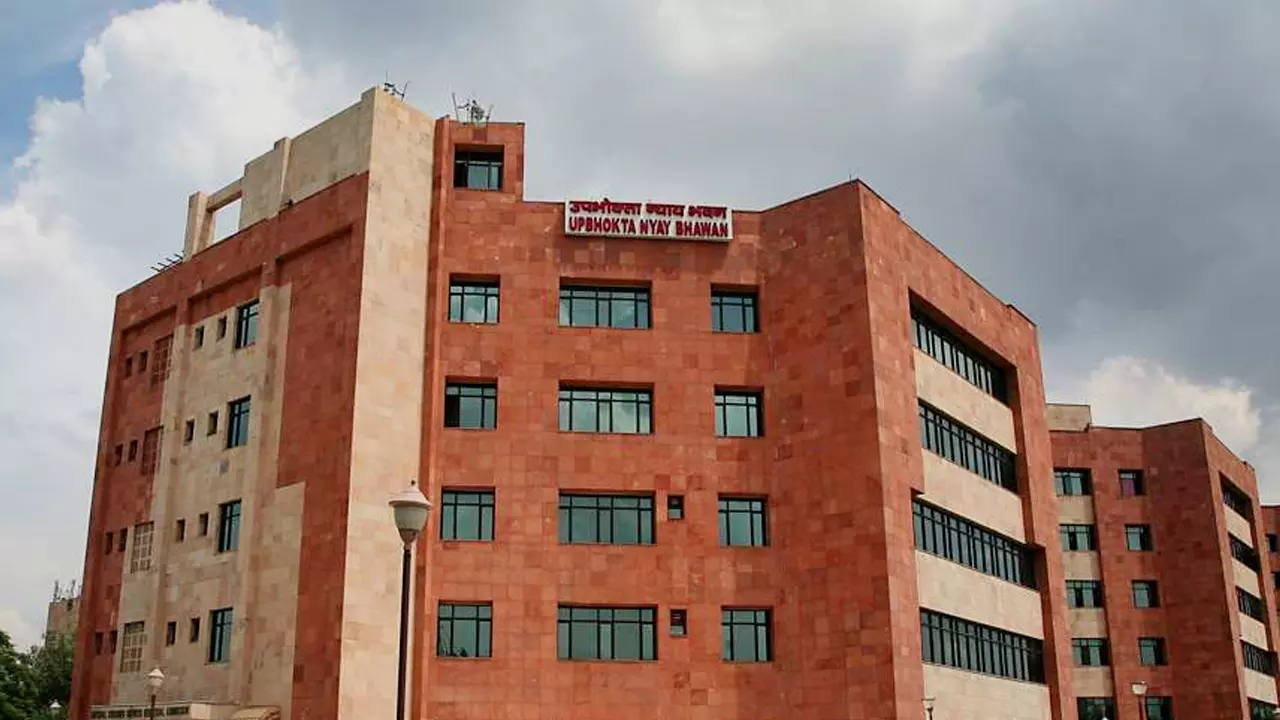- Home
- /
- Consumer Cases
- /
- Insurance Company Not Obligated to...
Insurance Company Not Obligated to Reimburse Claims for Accidents During Inactive Policy Phase, Even After Subsequent Revival Of Policy: NCDRC
Smita Singh
6 May 2024 4:15 AM GMT
The National Consumer Disputes Redressal Commission (NCDRC) bench comprising J. Rajendra (Presiding Member) allowed a revision petition filed by the Life Insurance Corporation of India (LIC). The NCDRC held that there is a need to strictly adhere to the policy's terms and conditions. According to its ruling, if the policy lapsed due to non-payment of premiums at the time of the accident,...
The National Consumer Disputes Redressal Commission (NCDRC) bench comprising J. Rajendra (Presiding Member) allowed a revision petition filed by the Life Insurance Corporation of India (LIC). The NCDRC held that there is a need to strictly adhere to the policy's terms and conditions. According to its ruling, if the policy lapsed due to non-payment of premiums at the time of the accident, the claimants would not be entitled to the amount, even if the policy was subsequently revived after the accident.
Brief Facts:
The deceased purchased a 'Jeevan Saral Policy' valued at Rs. 1,00,000/- with an additional accidental death benefit of Rs. 1,00,000/- from the Life Insurance Corporation of India (“LIC”). She diligently maintained the policy by paying the due premiums starting on December 23, 2011. However, due to severe rain and floods in June 2018, she couldn't fulfil the premium payment for that month. Tragically, while involved in agricultural activities using a temporary boat on the flooded Igoor River, she drowned, and her body was discovered on September 25, 2018.
Following her demise, LIC paid the assured sum of Rs. 1,00,000/- along with accrued interest. However, it contested the payment of the accidental death benefit worth the same amount. Despite repeated pleas from the Complainants, LIC persistently refused to disburse the accidental death benefit. Feeling aggrieved, the Complainants filed a consumer complaint in the District Consumer Disputes Redressal Commission, Hassan, Karnataka (“District Commission”). The District Commission allowed the complaint in part and directed LIC to pay Rs. 1,00,000/- along with 6% interest to the Complainant along with Rs. 15,000/- as compensation.
Dissatisfied with the order of the District Commission, LIC filed an appeal before the State Consumer Disputes Redressal Commission, Karnataka (“State Commission”). The State Commission dismissed the appeal and held LIC liable for deficiency in service.
Subsequently, LIC filed a revision petition before the National Consumer Disputes Redressal Commission (“NCDRC”). LIC argued that the premium payment was indeed not made on the due date of 23.06.2018, nor during the subsequent 30-day grace period, leading to the lapse of the policy. It emphasized that the policy was inactive at the time of the insured's demise. Consequently, it asserted that no liability exists for the payment of the accident benefit.
Observations by the Commission:
The NCDRC referred to the Life Insurance Corporation of India and Anr. Vs. Sunita [SLP (Civil) No.13868 of 2019], where the Supreme Court highlighted the necessity of strictly adhering to the terms of the insurance policy.
The NCDRC reiterated the relevant conditions of the deceased's insurance policy, particularly conditions nos. 3, 4, and 11, which govern matters of policy revival, non-forfeiture regulations, and accident benefits. These clauses outlined the requirements for policy reinstatement, the implications of non-payment of premiums, and the conditions for claiming accident benefits. It was established that the deceased's policy had lapsed due to non-payment of premiums, rendering it inactive at the time of her demise. Despite the subsequent revival of the policy, the NCDRC noted that the accident occurred during the period when the policy was not in force.
The NCDRC referred to the principle of 'uberrima fides', or utmost good faith, in insurance contracts. It pointed out that the Complainants' failure to disclose the accident that preceded the premium payment further undermined their claim for accident benefits.
Consequently, the NCDRC concluded that the Complainants were not entitled to claim the accident benefit while the policy was in a lapsed state. Therefore, it set aside the previous orders of the State Commission and the District Commission.
Case Title: Life Insurance Corporation of India and Anr. vs C.D. Sanjay and 2 Ors.
Case No.: Revision Petition No. 863 of 2021
Advocate for the Petitioner: Mr Ankur Goel
Advocate for the Respondent: None (Ex-parte)


